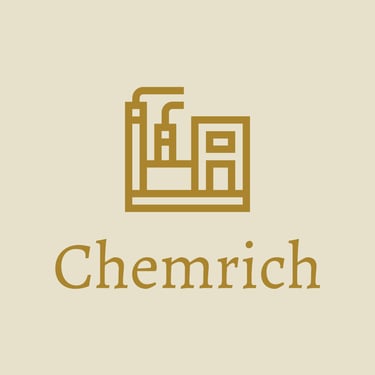PFAS Rules Are Changing Fast in 2025: What Specialty Chemical Buyers Need to Do Now
EU moves toward sweeping PFAS restrictions while France enacts bans—impacting textiles, packaging, and industrial chemistries. Learn how to de-risk supply, evaluate PFAS-free substitutes, and future-proof specs.
shehan makani | eshan makani
8/26/20251 min read
The PFAS landscape just shifted—again
Regulators in Europe advanced a broad PFAS restriction proposal under REACH, publishing an updated text and timeline signals in late August 2025. The move follows France’s national PFAS law, which phases out many uses as soon as 2026 (all textiles by 2030, with narrow exemptions). Expect downstream pressure on suppliers and rapid spec changes across apparel, packaging, and industrial markets.
Why this matters for procurement—and your formulations
Category-wide risk: Even “short-chain” PFAS may fall within scope; buyers should assume phased restrictions, labeling burdens, and potential supply exits.
Early signals from fashion & textiles: France’s ban is already reshaping DWR (durable water repellent) choices; brands are migrating to PFAS-free chemistries.
Hidden liabilities (TFA): Breakdown products like trifluoroacetic acid (TFA) are drawing extra scrutiny in EU risk assessment—watch this space for tighter controls.
Practical steps: How to de-risk in Q3–Q4 2025
Inventory your PFAS touchpoints (coatings, membranes, lubricants, surfactants). Map CAS/RN coverage vs. the current proposal text.
Run dual-track trials with PFAS-free alternatives in DWR, barrier coatings, and release agents. Expect spec re-validation cycles.
Qualify greener solvents where PFAS enabled soil/oil resistance but not core performance (e.g., switch cleaning/degreasing steps to citrus-based D-Limonene (Tech Grade) where appropriate). Market data suggests stable demand growth for d-limonene—ensure supply diversity.
Ask for disclosure depth: require suppliers to confirm PFAS status at substance and mixture levels; maintain an evidence trail for audits.
What to test as PFAS alternatives (shortlist)
Bio-based surfactants/biosurfactants (e.g., sophorolipids, rhamnolipids) for wetting and detergency.
Microencapsulated additives for controlled hydrophobicity/release without fluorinated backbones.
Citrus-based solvents (limonene) for cleaning/degreasing lines, with VOC and worker-safety reviews.
How Chemrich can help
PFAS-Free Sourcing Sprint: Use our AI Sourcing Platform to shortlist compliant, PFAS-free chemistries and obtain COAs/SDS in one place.
Formulation Fast-Track: With IntelliForm™, we set up A/B/C trials of non-PFAS DWRs, wetting agents, and solvent systems—targeting equivalent performance at lower total cost.
Chemical Solutions
Trusted partner for industries seeking high-quality chemicals, custom manufacturing solutions, and advanced pharmaceutical equipment.
Innovation
Growth
© 2025. All rights reserved.
Connect
Chemrich Global.


